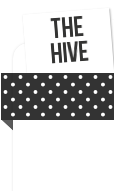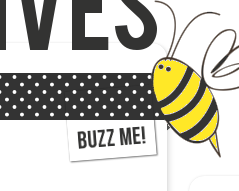How did we first learn about the food allergies? How were they diagnosed?
I first suspected food allergies when we noticed Baby Bee developing a severe and persistent rash. The doctors believed her rash was eczema and did not believe food to be the cause. I strongly disagreed after reading many articles about different skin conditions.
I decided to try a gluten free diet while I was nursing her to see if we could note any improvements. After one week, Bee had made many improvements-she was happier, slept better, ate better, and her rash was less inflamed. These positive results encouraged us to have her tested for food allergies using the RAST test.
The test came back positive for most of the foods listed. We worked to cut those foods out of my diet and Bee continue to improve each week.
The rest of the allergies we have discovered through trial and error. Bee has reacted to many foods after eating them or even after being touched by them.
RAST tests and skin prick tests are not always accurate. The most accurate test for an allergy is a food challenge. Unfortunately, many of our food challenges were purely accidental but they did help us determine which foods we still needed to eliminate.
We have had some false positives on the RAST test-or maybe they were outgrown allergies. Bee can now eat corn and legumes even though they were initially positive results on the RAST test. She may have simply outgrown these allergies or they could have been incorrect results.
We have also had a false negative result on the RAST test. Bee tested negative to tree nuts, but I can vouch for her almond allergy with absolute certainty. She has since had a skin prick test for almonds and did test positive. We are avoiding all tree nuts based on our history of reaction and the skin prick test results as well.
There are a few foods on our list that Bee has not been tested for and has not eaten. We avoid them based on our allergic history as well as the possibility that they are related to other foods that are allergens for Bee. We avoid kiwi because many individuals who are allergic to banana, melons, and avocado are also allergic to kiwi. We would rather list kiwi as an allergen and avoid it, rather than risk a possible reaction.
While food challenges might be the most accurate assessment of an allergy, sometimes it's best to heed the results of the RAST and skin prick testing in order to be safe. Without having done our elimination diet and using some trial and error, we would not have discovered Bee's diagnosis and would not be on the road to recovery.














No comments:
Post a Comment
Your comments are sweet as honey! Thanks for visiting the hive!